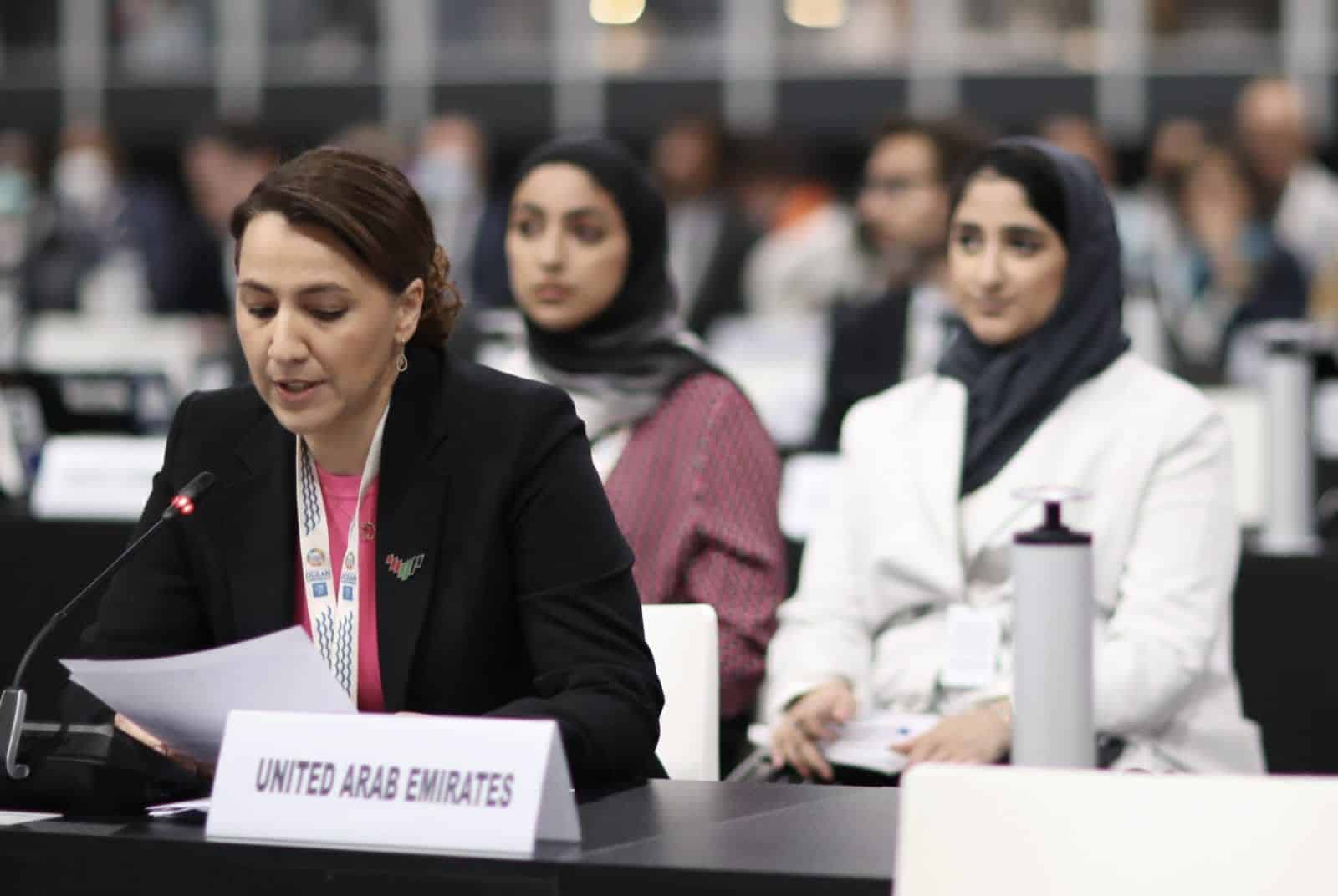Around 87 percent of public and private sector leaders believe that Artificial Intelligence is a valuable asset in the fight against climate change, a study published by Boston Consulting Group said.
The report, titled ‘How AI Can Be a Powerful Tool in the Fight Against Climate Change’, however, found that 78 percent of respondents cited insufficient AI expertise as an obstacle to using AI in their climate change fight. 77 percent respondents, according to the report, pointed out the limited availability of AI solutions as a roadblock, and 67 percent highlighted the lack of confidence in AI-related data and analysis.
AI as a tool is uniquely positioned to help manage these complex issues. Due to its capacity to gather, complete, and interpret large, complex datasets on emissions, climate impact, and more, it can be used to support all stakeholders in taking a more informed and data-driven approach to combating carbon emissions and building a greener society.
Mitigation is therefore critical, including efforts to achieve net-zero emissions by 2050. However, minimizing the harm will also require increasing efforts at adaptation and resilience—from immediate crisis response to long-term planning.
Uses of AI in Combating Climate Change
Global leaders, the report said, can use AI to achieve their goals in multiple ways:
- Mitigation: One of the most critical uses of AI is in the measurement, reduction, and removal of emissions and greenhouse gas (GHG) effects. More than 60 percent of public- and private-sector leaders see the greatest business value for their organizations in the reduction and measurement of emissions. According to BCG, use of AI can drive reductions of 5 percent to 10 percent GHG emissions, or 2.6 to 5.3 gigatons of CO2e if applied globally.
- Adaptation and Resilience: Adapting to climate change is a critical undertaking for policymakers and the public, as it boosts resilience to the effects of both long-term climate trends and extreme weather events. AI is well suited to help project climate-related hazards, whether by improving long-term projections of localized events such as sea-level rise or by upgrading early warning systems for extreme phenomena such as hurricanes or droughts.
- Fundamentals: AI can be used to support research and education efforts about climate change, helping stakeholders understand the risks and implications involved and encouraging them to share what they learn. These efforts support and magnify ongoing work toward mitigation and adaptation and resilience.
Need for Meaningful Support
Experts who prepared the report pointed out that AI solutions should be tailored to achieve widespread acceptance.
Regardless of whether AI solutions are built for enterprises, governments, or the general public, they must be user friendly, the experts pointed out, adding the AI must be simple to use, deliver actual benefits to the user, and provide clear information to guide user behavior.
They have also examined the following alternative solutions:
Resources and Networks: Promising solutions also need resources and networks if they are to maximize the potential of AI in addressing climate change, particularly in the Global South. Solutions also need access to capital investments, decision makers, and trained practitioners, allowing them to be deployed at scale. Financial support can bridge the gap between academic research and at-scale deployment, while connections to policymakers and corporate leaders can help boost awareness and adoption.
In addition, sharing knowledge on best practices and promising applications can ensure that solutions are ready for widespread government and corporate deployment. All such resources and networks are especially valuable for solutions that address the needs of the Global South.
Capacity Building: Successful solutions require extensive capacity building. Training and reskilling can ensure that civil servants, private sector leaders, and other stakeholders use and interpret AI solutions effectively in the most critical contexts.
A willingness to overcome vendor lock-in is also required to ensure that promising solutions can be scaled. And today’s AI research—predominantly run out of institutes and corporations in the Global North—needs to become more inclusive, as it risks neglecting the needs of the Global South, where many countries will be disproportionately affected by the changing climate.
Confidence and Trust: Given its complexity and the risks of unethical behavior, whether intentional or unintentional, users of AI need to earn the confidence of climate leaders. Solutions must therefore use AI responsibly, employ granular and reliable underlying datasets, and emphasize results that can be interpreted and understood.
Experts noted that AI cannot be used to solve the climate crisis in isolation. Rather, it is one of many tools that should be employed to address this global challenge. Individuals, communities, and organizations who have a part to play in combating the climate crisis—regardless of their formal role in AI or climate topics—should therefore consider how other emerging technologies can help and assist in removing obstacles to scale for those as well.
UAE’s proactiveness
The UAE, on its part, has introduced multiple roadmaps along the way to reinforce its commitment to climate action and the Paris Agreement.
Among these are the UAE Hydrogen Leadership Roadmap, which seeks to position the country as a world leader in producing and exporting green and blue hydrogen, and the UAE Net Zero by 2050 Strategy.
“The UAE’s commitment to climate action with a pledge of AED 187 billion ($50 billion) is yet another milestone in its long history, according to the country’s Minister of Climate Change and the Environment Mariam bint Mohammed Al-Mheiri.

